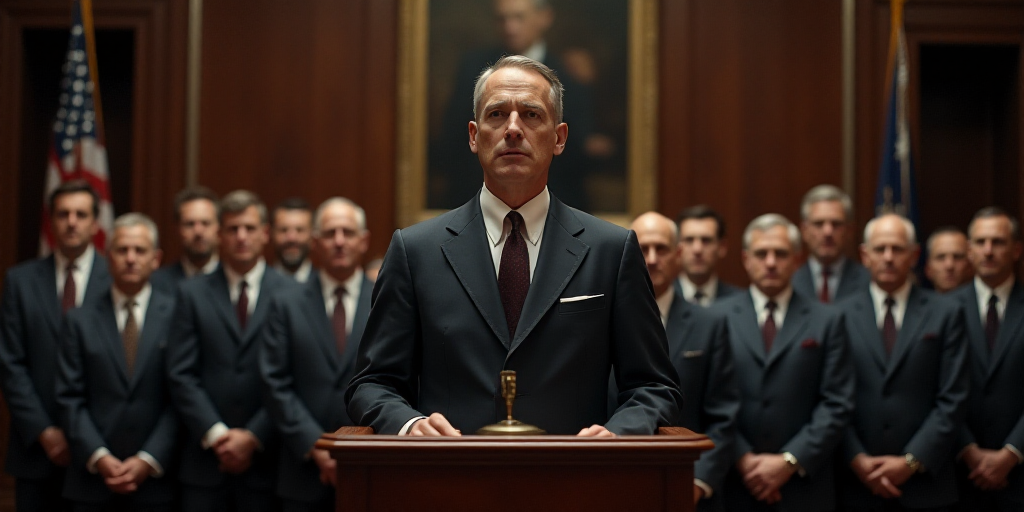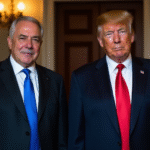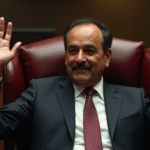Background on Key Figures and Context
The recent events revolve around the United States’ decision to strike Iranian nuclear sites, with significant implications for Middle Eastern peace and stability. Central to this story are:
- Donald Trump: The President of the United States, who authorized the strikes against Iranian nuclear facilities.
- Benjamin Netanyahu: The Prime Minister of Israel, who praised Trump for the “audacious” attack and claimed it marks a historic turning point towards peace in the Middle East.
Both leaders hold significant influence in shaping regional dynamics, with their decisions impacting global nuclear negotiations and geopolitical tensions.
Trump’s Statements and Actions
On Saturday, President Trump declared that Iran must now choose between “peace or facing a much greater tragedy” following the strikes on its nuclear sites. He asserted that these actions “borraron” (erased) Iran’s nuclear facilities, including the Fordo enrichment plant.
Trump emphasized that the US military had successfully targeted three nuclear sites, including Fordo, Natanz, and Isfahan. He further stated that American aircraft completed their mission without sustaining any damage, despite operating within Iran’s airspace, which has been in a state of “war” with Israel for the past ten days.
Trump also mentioned that “all planes are back safely” and praised the “great American warriors.” He later tweeted that “Fordow has disappeared,” referring to the underground enrichment facility.
Netanyahu’s Response
Israeli Prime Minister Benjamin Netanyahu expressed gratitude to President Trump for the “audacious” attack on Iranian nuclear sites, claiming it marks a historic turning point that could lead to peace and prosperity in the Middle East.
In a video message addressed to Trump, Netanyahu stated, “I thank you, the people of Israel thank you… In tonight’s action against Iran’s nuclear facilities, the United States demonstrated itself to be truly exceptional.” He added that this action represents “a historic turning point that can help guide the Middle East and beyond toward a future of prosperity and peace.”
Iran’s Atomic Energy Organization Responds
The Atomic Energy Organization of Iran (AEOI) declared that it would not allow the development of its “national industry” to be halted, an apparent reference to Iran’s nuclear program.
The AEOI also stated that the attacks on its nuclear facilities violated international law, without specifying the extent of damage caused by the US strikes.
United Nations’ Stance
UN Secretary-General António Guterres described the US attacks on Iran as a “dangerous escalation in a region already at its limits” and a direct threat to international peace and security.
Guterres warned of the growing risk that this conflict could rapidly spiral out of control, leading to catastrophic consequences for civilian populations, the region, and the world. He emphasized that there is “no military solution” and urged all parties to pursue diplomacy as the only path toward peace.
Key Questions and Answers
- Who authorized the strikes against Iranian nuclear sites? President Donald Trump of the United States.
- What is the significance of Netanyahu’s response? Netanyahu sees the strikes as a historic turning point that could lead to peace in the Middle East.
- How did Iran’s Atomic Energy Organization respond to the strikes? The AEOI stated that it would not halt its nuclear program and claimed the attacks violated international law.
- What is the United Nations’ stance on the situation? UN Secretary-General António Guterres warned of a dangerous escalation and urged all parties to pursue diplomacy for peace.






